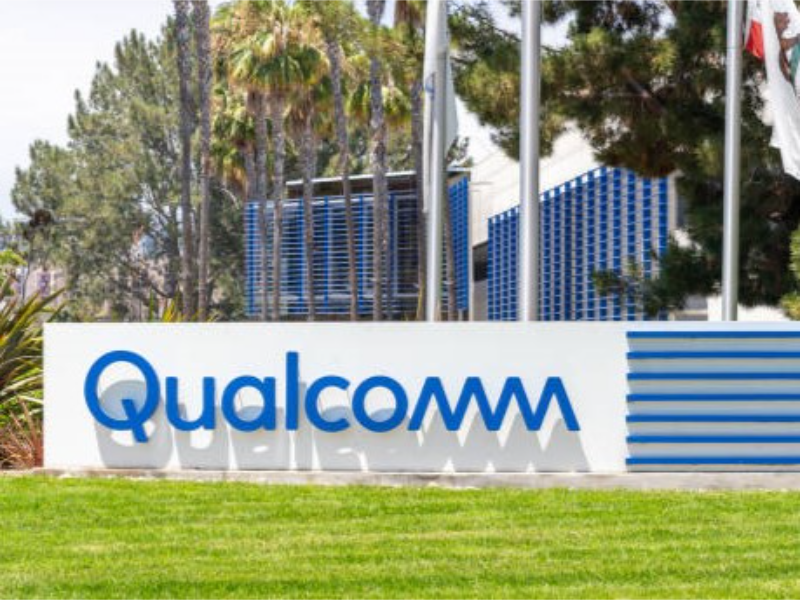- Qualcomm’s antitrust fine reduced to €238.7 million ($265.6 million) after appeal on predatory pricing practices.
- The court rejected Qualcomm’s claims but adjusted the fine calculation, allowing further appeal.
OUR TAKE
California’s new laws protect performers by requiring contracts for AI-generated replicas and banning the use of deceased actors’ likenesses without estate consent. This move addresses growing concerns over AI misuse, including deepfakes, fraud, and democratic disruption. While federal regulation lags, state-level protections are crucial.
–Jasmine Zhang, BTW reporter
What happened
Europe’s second-highest court upheld a major EU antitrust fine against U.S. chipmaker Qualcomm, though it slightly reduced the amount from €242 million ($269.2 million) to €238.7 million ($265.6 million).
The European Commission initially fined Qualcomm in 2019, citing the company for selling 3G baseband chipsets at below-market prices between 2009 and 2011 in an effort to undermine competition from British software maker Icera, now owned by Nvidia.
Qualcomm’s argument that its market share was too small to affect competition was largely dismissed by the court, which upheld the predatory pricing charges. The fine reduction was due to adjustments in its calculation. Qualcomm has the option to appeal to the EU Court of Justice on points of law.
Also read: EU antitrust officials likely to avoid break-up order for Google
Also read: Top EU privacy regulator launches probe into Google’s AI compliance
Why it’s important
The EU’s determination to uphold competition laws in the tech sector underscores the increasing scrutiny on dominant players like Qualcomm. Predatory pricing remains a critical tool used by market leaders to stifle competition, a tactic the court rightly condemned. Although Qualcomm successfully lowered the fine, the broader implications for industry regulation are significant.
This ruling reinforces the need for a fair market environment, especially in industries driven by innovation and technological advancement. The decision not only affects Qualcomm but signals a message to other tech giants that leveraging their market dominance to exclude competitors will face legal consequences.
With tech-driven economies relying heavily on open competition, these antitrust rulings are necessary for fostering diverse market innovation.

